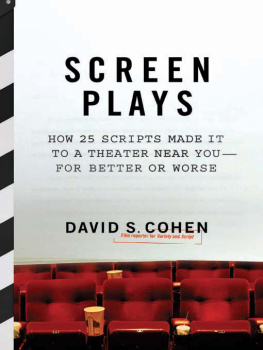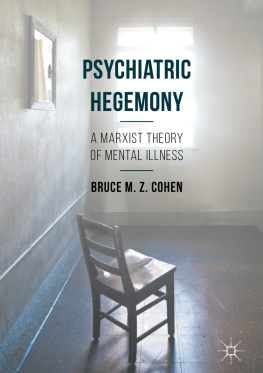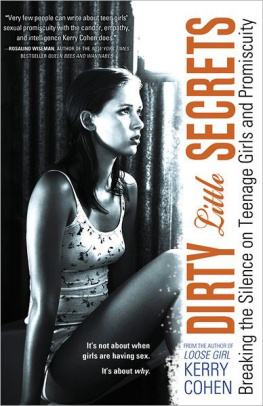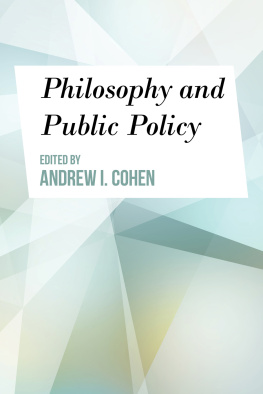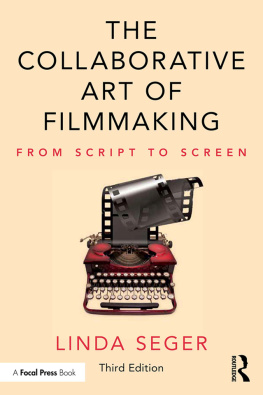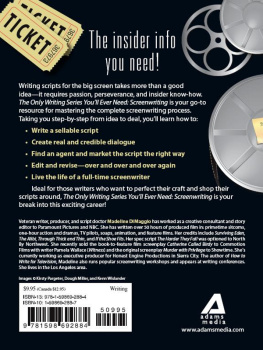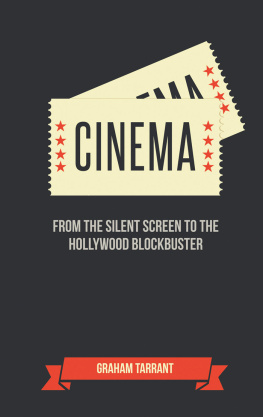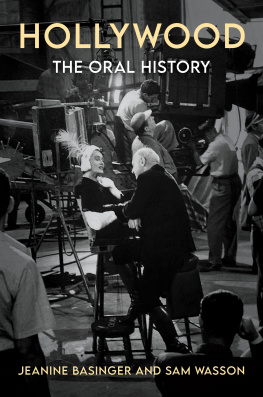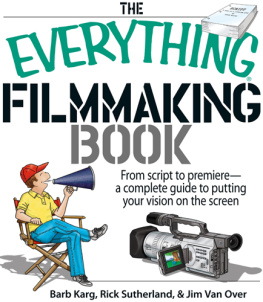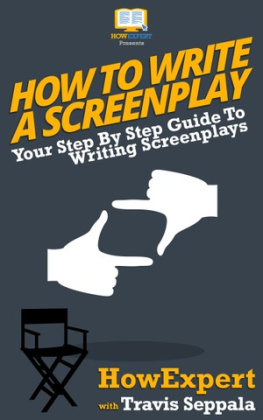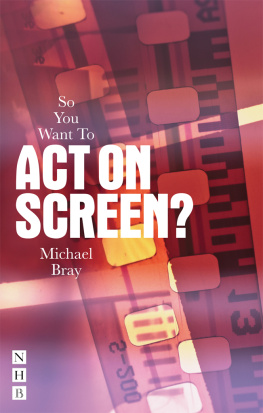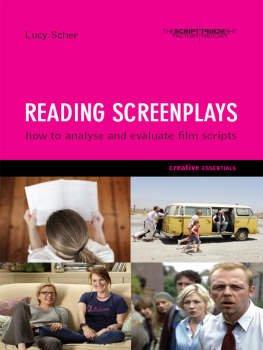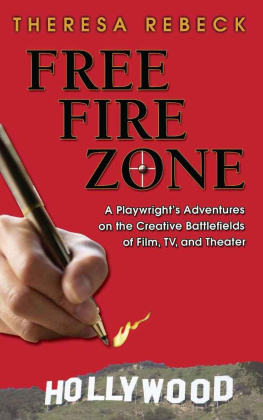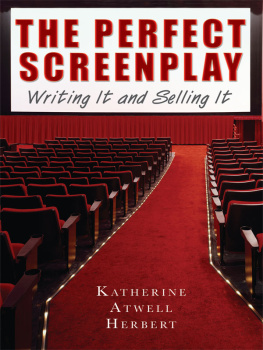W hats the best thing you ever wrote?
Its not a trick question. Pretty much everybody, at some point in life, puts pen to paper, or fingers to keys, to express something important. A poem. A business proposal. Song lyrics. A joke. Maybe a love letter.
If youre not a writer by trade, thats probably where it ended. You wrote it, someone read it.
But did you show it to anyone before you sent it? Did someone change it without permission? If it was a class project, did your teacher suggest improvements? Did you take those suggestions? If so, how did you feel afterward? Did the suggestions really help? Even if they did, did it mean as much to you as it did before?
Complicated, isnt it?
WHEN I was maybe twelve years old, I was in an art class, and I was making a candleholder in the shape of a sperm whale. I wasnt trying to make something particularly creative, just a candleholder. The tail was the handle, and the candle went in where the whales blowhole would be.
My art teacher told me it would be more interesting if the tail were bent. Then he bent the tailjust a little, but enough to make it different. Thats how it was fired and thats how it came back to me for posterity. My parents still have it in their house. Sometimes I come across it when Im visiting them. I still get irritated, thirty-five years later, every time I see that bent tail. Maybe it is more interesting that way, but it isnt what I wanted it to be, and it never will be.
I could bury it someplace where I wont have to look at it anymore, but Im convinced that if I do, in five thousand years, some future archaeologist will unearth it, look at my signature in the clay, and say, Pretty good candleholder, except for that bent handle. Bad choice by David Cohen, that. Why would he have done such a thing?
Well, Mr. Future Archaeologist, he did it because he was twelve and he had a hard time standing up to his teacher. Because he thought maybe it would be more interesting if the tail were bent. Because he hadnt learned yet that people who want to help you, no matter how well-meaning, dont necessarily share your taste, or that other people make changes to suit their needs, even though its your candleholder, with your name on it, and youre the one whos going to have to live with the results.
Yeah, that tail still bugs me.
What may bug me more is how hard it was to learn the lesson of that experience. If I could go back in time and visit myself on the day I brought that candleholder home, I think Id put my arm around the boys shoulders and say: Young David, if that candleholder bothers you, never, never, never try to be a screenwriter.
Guess its just as well I cant do that. I probably wouldnt have listened to me anyway.
THIS is a book about twenty-five movies and how their tales, so to speak, got bent. Many of these movies are good; some of them are bad. Some are good because a lot of people bent their tale. Others are good because nobody did. Some are bad for the same reasons.
This is not a book about how to write a hit movie. If I knew how to do that, Id be doing it. For that matter, theres no reason to think that anybody knows how to write a hit movie. Nobody cranks out hit after hit without a break. Pixar Animation Studios, collectively, managed to do that for its first twenty years or more, but that was not the work of a single screenwriter. Besides which, there probably isnt any single strategy that works in every situation. What worked for Todd Solondz when he was writing Happiness or Sofia Coppola when she was putting together Lost in Translation would never have worked for Ken Nolan trying to adapt Black Hawk Down , for Jerry Bruckheimer or David Franzoni trying to keep Gladiator on track for Steven Spielberg and DreamWorks. Writing a spec script is different from adapting a novel is different from writing from a pitch.
Instead of being about how to do it, this book is about how I did it (apologies to Mel Brooks). It looks at how these twenty-five screenplays got written. Part of that process happens with a writer alone, often in the dead of night, balancing perfectionism and impatience. That is the part that most how to write a screenplay books address. The problem with those books is that they tend to minimize what happens when the screenplay actually might be produced.
Writing a movie is a bit different from writing a screenplay. With the possible exception of homemade animation, movies are a collaborative effort. Turning the screenplay into a movie means working with producers, investors, a studio or distributor, actors, and usually a director. All have desires that must be considered, whether its a financiers need for a reasonable expectation of a return on her investment or a stars aversion to disappointing his fans. That process of getting notes, rewriting, fighting for some things and letting go of others, getting fired and rewritten, even occasionally getting rehired, is as much a part of writing a movie as the thrashing out of the first draft.
I wrote the first versions of these stories for Script magazines From Script to Screen series, which Ive been writing, with occasional interruptions, since 1997. When we started, the editor of Script , Shelly Mellott, asked me to read the script for The Pallbearer , then see the movie, and compare the two. No problem; I was just making the transition from screenwriting to journalism, and I was glad just to be writing for publication and getting a little money back. I wasnt very comfortable, though, with a series of articles that was only my opinions and observations. I mean, Im a pretty smart guy and a pretty good writer and all, but who cares what I have to say, really?

